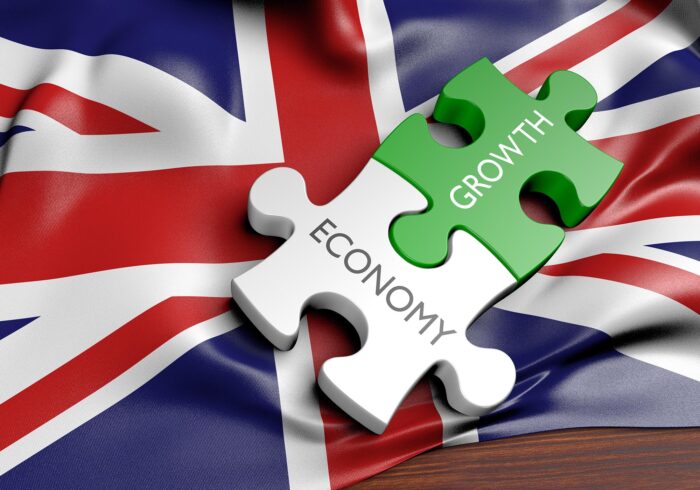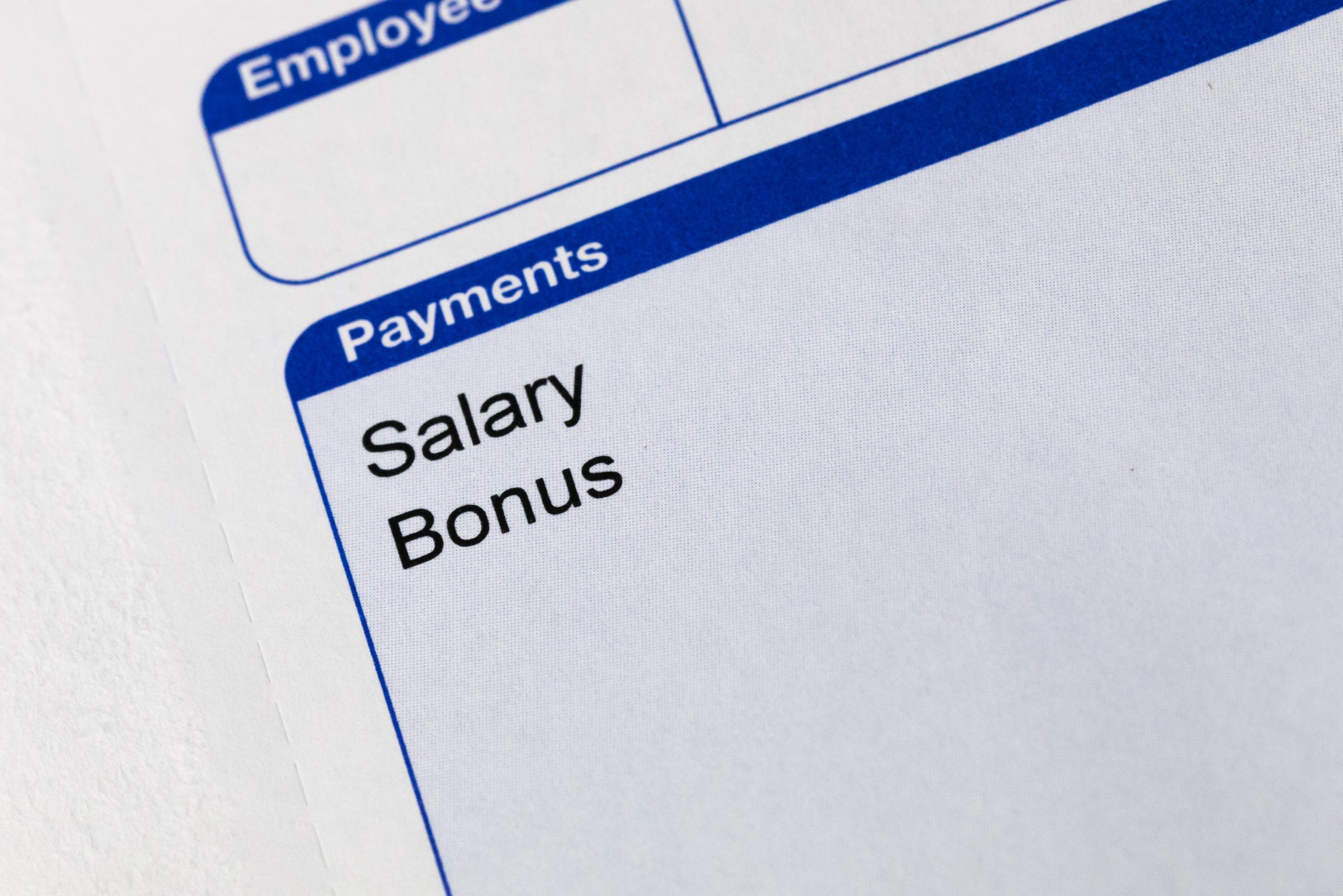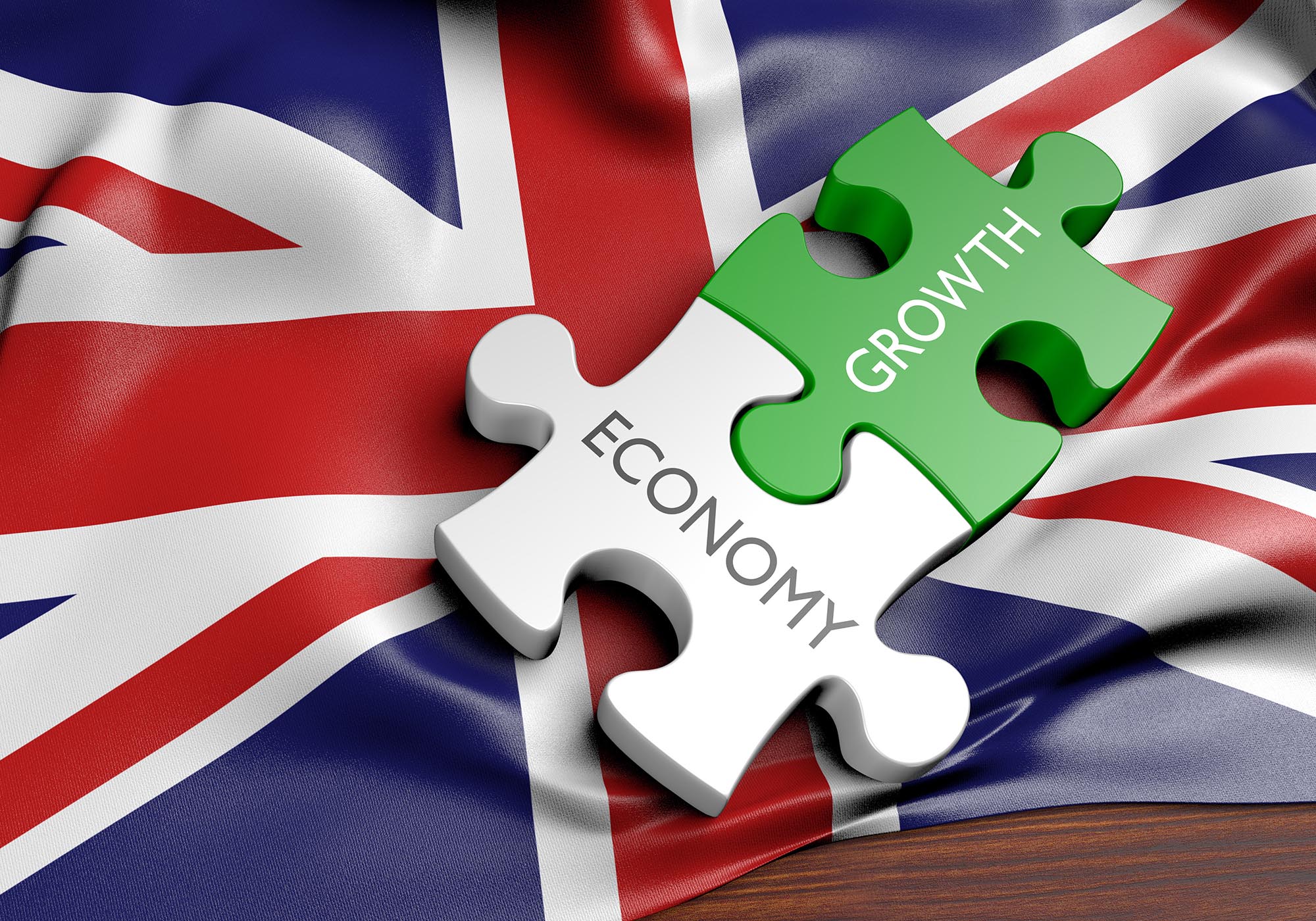UK gross domestic product (GDP) is estimated to have increased by 0.6% in Q1 (January to March) 2024, following declines of 0.3% in Q4 (October to December) and 0.1% in Q3 (July to September) 2023.
The figures from the Office for National Statistics (ONS) show that the UK is now out of the recession that began in February. A recession is defined as two consecutive three-month periods where the economy contracts.
Compared with the same quarter a year ago, GDP is estimated to have increased by 0.2% in Q1 2024.
In output terms, services grew by 0.7% on the quarter, with widespread growth across the sector; elsewhere, the production sector grew by 0.8%, while the construction sector fell by 0.9%.
In expenditure terms, there were increases in the volume of net trade, household spending and Government spending, partially offset by falls in gross capital formation.
UK’s ‘very brief recession of late 2023 is over’
Andrew Oxlade, investment director at Fidelity International, said: “It’s official – the very brief recession of late 2023 is over. The economy grew by 0.6% in the first three months of the year, stronger than the 0.4% that was expected.
“It’s reason for some cheer, with the economy growing at its fastest rate since 2021 and now growing at a similar pace to the US and Europe. But it’s perhaps a little early to call this a return to long-term growth rates. The recovery is likely to be painfully slow from here – the Bank of England expects the economy to register annual growth of only 1% for the full year of 2024.”
Alice Haine, personal finance analyst at Bestinvest by Evelyn Partners, said: “With the short and shallow recession now behind us, households can breathe a sigh of relief and hopefully look forward to better times ahead.
“While the big sticking point for consumers has been the Bank of England’s cautious stance towards interest rate cuts, the rate-setting Monetary Policy Committee shifted its stance this week, raising the likelihood of a summer rate cut, perhaps as soon as next month, though many households would prefer that to be a certainty than a possibility to ease the financial pressures they are facing.
“Personal budgets have been badly bruised by rising bills and high borrowing costs over the past couple of years, with some consumers still struggling with the financial fallout from the protracted cost-of-living crisis.”





